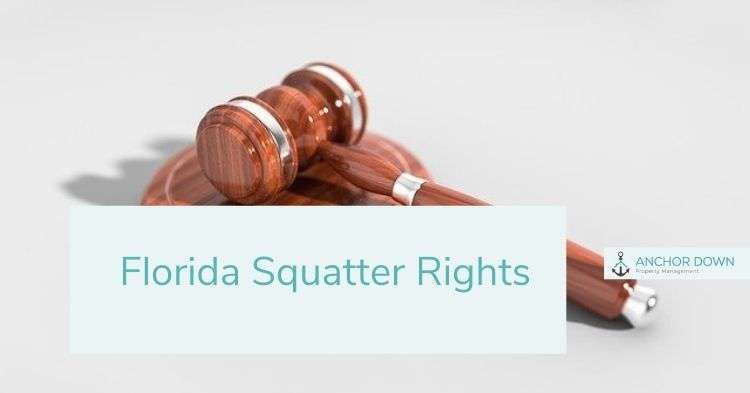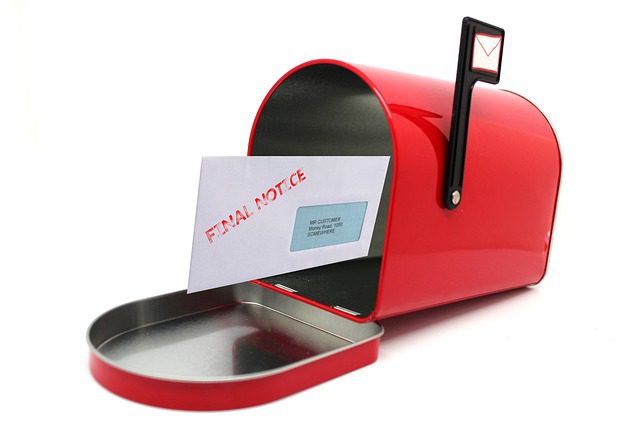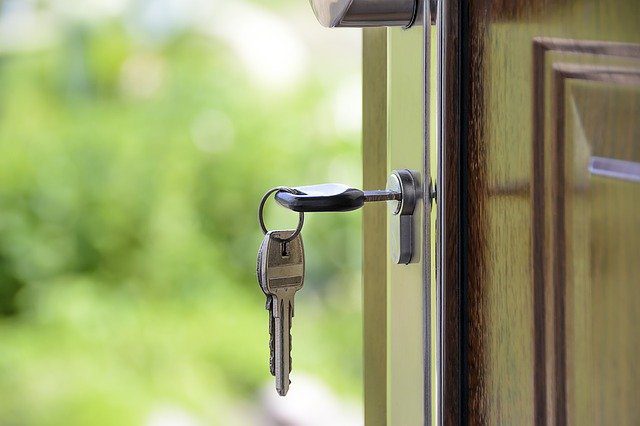
It’s every property owner’s nightmare. Through trespassing, under certain circumstances a squatter can develop rights to a property over time if the owner doesn’t act to remove them.
Therefore, as a landlord in Florida, it’s important to understand what rights squatters have in order to stop them in their tracks.
This article will cover everything you need to learn about the rights that Florida squatters have. Remember that while this article is filled with useful information, it is not a legal document. For legal advice, get in touch with an expert in Florida’s landlord tenant laws.
What is Adverse Possession?

This is a legal term that refers to occupation of a property by someone with the intention of owning it. For an Adverse Possession claim to be successful in Florida, however, a squatter will need to meet several requirements.
First and foremost, the squatter must have lived on the property for seven years. This entire period must be continuous. In other words, the squatter must not have abandoned the unit at any point.
Second, the trespasser must have been the only person occupying the property. If they shared the property, at any point, with someone else, that would invalidate their claim.
Third, their possession of the property must be obvious to anyone. The owner carrying out the investigations should be able to tell that there is someone living on the property.
Fourth, the trespasser must be actually living on the property. They must also be treating the property like a real owner would. For example, the trespasser should be able to show proof that they have been making improvements to the property.
Finally, the occupation must be hostile. In an Adverse Possession context, this means that their occupation must have been an infringement upon—or an actual invasion of—the actual owner’s property rights. A trespasser will not have a valid lease.
Aren’t Trespassing and Squatting the Same Thing?
Not really!
By definition, trespassing is when a person knowingly and willingly enters another person’s property without their permission. Squatting, on the other hand, is occupying someone else’s property with the specific intention of owning it adversely.
Both actions are illegal. If the owner calls the police, a trespasser can be arrested, as it is a criminal offense. The same is usually not the case with a squatter. Through time, a squatter develops rights that can enable them own the property through adverse means.
What is Color of Title?

In the state of Florida, Color of Title is one of two alternate additional requirements a squatter needs to make an Adverse Possession claim.
If someone has a Color of Title, it simply means that they own the property irregularly. In other words, it means that the person lacks one or more of the required legal documents for property ownership.
Does a squatter need to pay property taxes?
Yes!
In the state of Florida, payment of property taxes is one of the additional requirements to claiming a property adversely. If a squatter doesn’t have Color of Title they must have been paying property taxes for the entire 7 years for their claim to be successful.
How to Protect your Property from Squatters

Inspect your Florida Property on a Regular Basis
Living far away from your property? If so, have it inspected on a regular basis. If you hire a qualified property manager, you will have the peace of mind in knowing qualified experts are looking out for you and your property.
For additional security, you can ask your property management company to send you photographic and video evidence whenever they conduct inspections.
Decommission Your Utilities
If your property is vacant, this can help make your property less appealing to potential intruders.
Install an Intruder Alarm
This not only works great as a deterrent from potential squatters, but it can also help alert you of other break-in attempts.
Put up ‘No Trespassing” Signs Throughout the Property
This tip is self-explanatory. Making it obvious that you’re on the lookout for potential squatters is a deterrant.
How to Get Rid of Squatters
Florida doesn’t have specific laws in regards to removing squatters. Consequently, landlords must remove squatters from their properties through the judicial eviction process. You’ll also have to ensure you’re compliant with the Federal Fair Housing Act.
The first step involves giving the squatter an eviction notice. In Florida, there are three different types of eviction notices.

They are as follows:
A 3-Days Quit or Pay Notice: This notice is given to a tenant that has failed to pay rent on time. It gives tenants 3 days to either pay all due rent or move out. If the tenant doesn’t pay or move out within the notice period, you can move to court and file a lawsuit against them.
A 7-Day Cure Notice: This is served to a tenant who has violated the terms of a lease agreement. An example of such a violation may be causing disturbance to fellow tenants, keeping an unauthorized pet, or making illegal alterations to the property. The notice gives the tenant 7 days to ‘cure’ the violation.
A 7-Day Unconditional Quit Notice: Unlike the previous two notices, this notices gives a tenant no other option but to leave. This is usually served for violations such as excessive property damage and illegal use of the property.
Again, if the tenant doesn’t move out, you can move to court and file a lawsuit against them.
With that in mind, when it comes to evicting a squatter, your best bet is by using the 3-Day Quit or Pay Notice.
The next part of the process is filing the eviction notice in court in case the squatter refuses to leave within the 3 day period.
The court will set a date for hearing and the tenant will be served with the Summons and Complaint.
If the ruling is in your favor, you’ll be issued with a Writ of Restitution. The Writ of Restitution simply gives the possession of the property back to you. Even so, you cannot self-evict. The only person who can do that is a sheriff or a constable.
Need help evicting a squatter from your property? If so, Anchor Down Property Management can help! We offer professional property management services for property owners in the Sarasota/Bradenton area.
